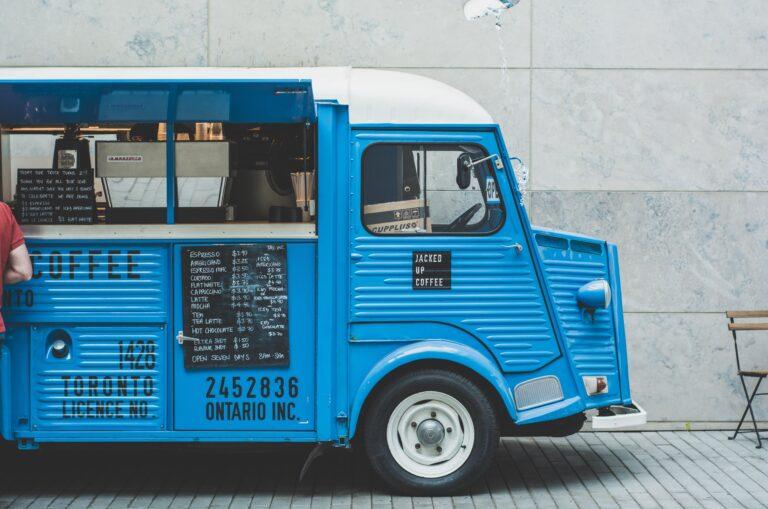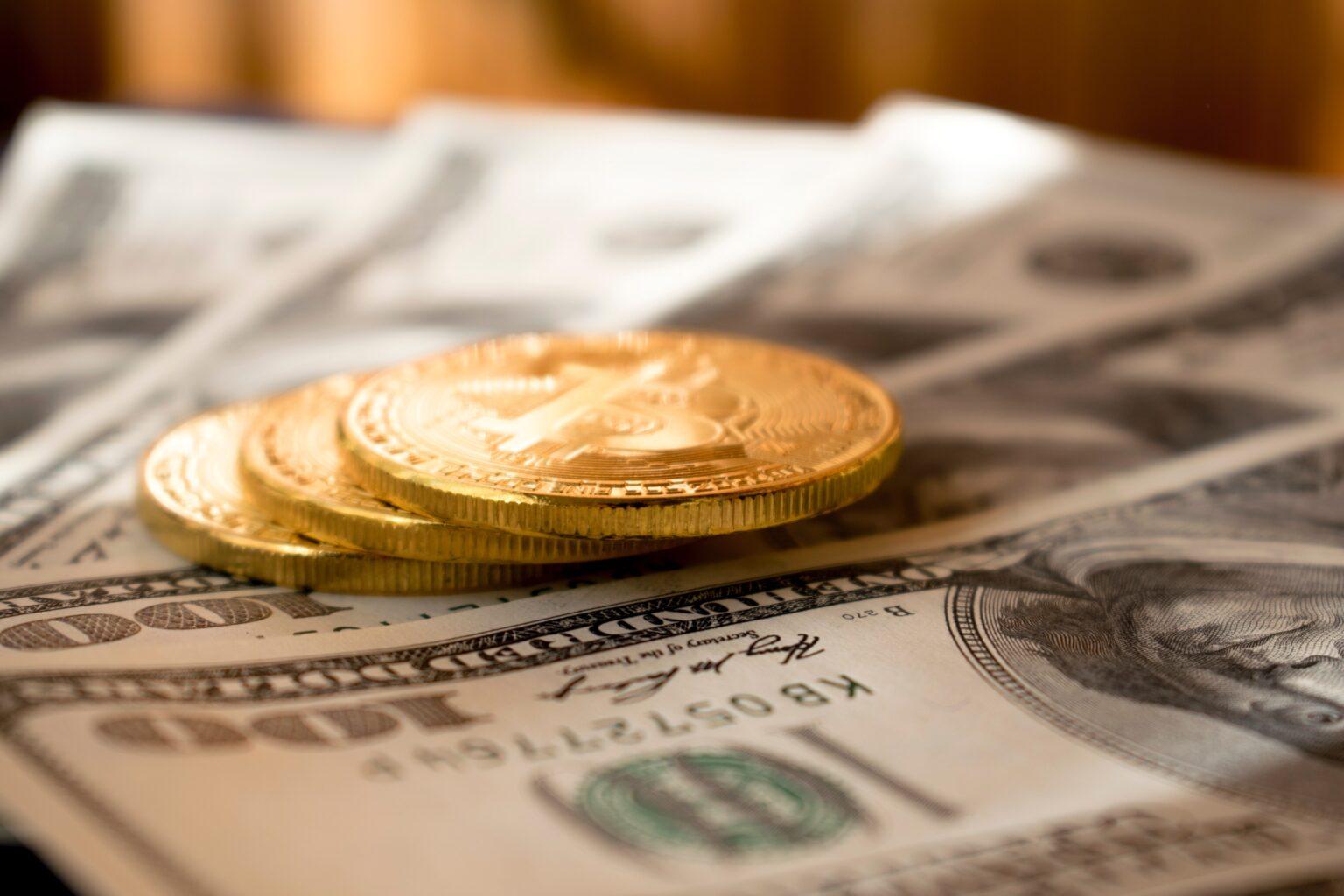Partners are a vital ingredient in many successful food and drink events. On top of the cost-saving opportunities they present, an event partner proposal can help you reach new audiences and give your event a unique spin. Whether you’re hosting an in-person, virtual, or hybrid event, make your event more appealing and marketable with creative collaborations.
Not sure where to start? Think broadly when identifying potential partners, who can be anyone from venue managers to vendors to performers. Once you’ve identified a list of potential partners, reach out to find out what they can offer you – and, just as importantly, what you can offer them. Whether they can incorporate a product, service, or idea into your event, their contributions can make your food and drink event a more memorable experience for attendees. So, how do you find the right partners and make the most of the opportunity?
Get started by learning about event partners, then discover our tips for collaborations to host more successful food and drink events.
What is the difference between an event sponsor and an event partner?
Distinguishing an event partner from an event sponsor is the first step in understanding how to identify partners for your event. Often, this difference comes down to money.
Event sponsors pay money to feature at your event – through logos placed on marketing materials, a stand at the event, or the ability to sponsor a specific portion of your event. The sponsor will then purchase food festival sponsorship packages to tap into whatever benefits you’re offering.
An event partner is different. Instead of supplying financial support, the partnership provides benefits for both parties. It lets you tap into their audience and marketing channels. Your partner will typically promote your event and formally announce the press release in exchange for their marketing during your event.
Event sponsors and event media partners certainly have similarities. However, to determine which opportunity best suits your food and drink event, consider whether you want to sell sponsorships or engage in a mutually beneficial arrangement. Then, learn how to get food sponsors for an event.
Check out these four marketing strategies to spotlight partners before and during the event.
What is an event sponsor?
Working with an event sponsor is beneficial for everyone. Event sponsors provide the necessary funding. Without financial assistance from sponsors, creating an event will be challenging.
Event creators allow their sponsors to display their brand logos in return for their financial support. It can be an event table, at the entrance, or in the form of welcome packages.
What is an event partner?
Most event partnerships do not involve money. Instead, you receive access to the partner’s audience. It allows you to reach more potential attendees and use their marketing channels for advertising your event. Using your partner’s marketing channels can have the added benefit of reducing your event advertising costs.
Benefits of a food event partner
A food and drink event can benefit from event partners and sponsorships. This type of event can thrive when you give attendees access to different vendors. It can make your event more diverse and attractive to guests. For example, with several partners, you can increase the food and drink selections at the event, expanding its appeal to event-goers. Rather than just having a few food and drink stands set up, have a dozen or more. Why not engage with local restaurants, food vans, coffee shops, and breweries to expand your selections?
In addition to expanding your line-up, broaden your marketing through event partnerships. Partners are often happy to promote the event across various channels: their website, at their establishment, and on social media. This extra marketing can increase attendance, ultimately bringing in more money. Food sponsorship for events is a mutually beneficial arrangement for everyone involved.
Tips for a successful event partner proposal
If you follow these tips, creating a partnership proposal doesn’t have to be complicated.
1. Find the perfect partner for event promotions that fit the target audience
Find partners that complement your event’s style (or bring something new to the table). Look for potential partners’ communities or target audiences. Is there a crossover between their audience and yours? If not, what shared interest might connect different audiences at your event? Partners with a large following can help you grow your own, while smaller audiences might cater more effectively to a niche interest.
Think about partners that can complement your current offerings. Perhaps you’re hosting a coffee festival with plenty of coffee vendors but need a few partners. Partner with a couple of bakeries so event-goers can enjoy baked goods with their coffee.
2. Tell a story
Use your event as a way to involve people in a bigger story. Identify the overall goal of your event – think about what you want to achieve. Want to give small local restaurants and businesses a venue to showcase their offerings to a broader audience? Promote your event with a “shop local” angle and include small shops around town to carry your theme throughout the event.
3. Pick your partners wisely
As Top Chef finalist Melissa King advises in The Pop-Up Playbook, “Consider teaming up with someone who will complement your food and help you reach a new audience – whether it’s another chef, an alcohol partner, or a local artist.” Look into co-marketing opportunities and share your plans with partners as soon as possible. It’s all right to be creative about who to involve in an event. Just ensure your collaboration makes sense for your event branding.
Take, for example, Durham, North Carolina’s Hops and Blues event. This carefully curated event showcased hoppy beer brews from the Southeastern U.S. alongside a diverse selection of local blues musicians. Event-goers could stroll through the event, enjoying different brews while listening to musicians they may have never heard. This blend of drinks and music was a huge success.
4. Double your marketing
“Get on your partners’ email blasts where it makes sense,” says Kelly Taylor, President of the NYC Brewers Guild. “We found that our sponsors and event partners have been a great marketing source because we can take advantage of their following. We saw a lot of traffic from our email promotion with partners Eventbrite and Whole Foods.”
Social media marketing is also key. Tap into Instagram and Facebook, where you can post events, engage with potential attendees, and answer any questions about the event. Don’t forget about TikTok, where you can film short videos to preview your event.
Event creators can also use Eventbrite Boost. It gives you access to an all-in-one marketing platform: create ads, launch contests, develop customised email marketing campaigns, and more. You can even successfully host virtual events.
5. Incentivise partners to promote
Kate Levenstien, the founder of Cannonball Productions and the Bacon & Beer Classic, recommends testing different incentives to motivate partners. Hold a contest to reward the partner who sells the most tickets or offer special brand visibility at your event to the most engaged partners.
Offer incentives that give partners some business during the event, too. When selling tickets, include special packages that offer a one-on-one session with attendees, so they connect on a more personal level with event-goers who can become potential customers. This opportunity will be attractive to any partner looking to broaden their audience.
6. Involve the media
When several brands are involved in one event, whether in-person, virtual, or hybrid, it becomes a juicier topic for the media to cover – meaning more exposure for you. Cannonball Productions works to get its events featured in popular publications, focusing on those who publish “Top 10” or “Best Of” event lists. You can also work with less established media outlets.
Connect with local bloggers and social influencers your attendees follow – is there potential for a mutual benefit?
How to propose a business partnership or sponsorship
Writing a sponsorship proposal doesn’t have to be intimidating, and the above tips can help you craft a convincing event partnership proposal letter showing the partnership’s benefits. Follow these tips as you write a partnership proposal and design a sponsorship letter template that sells.
1. Make your offer clear
Your partner proposal should include everything your potential partner needs to make an informed decision. Identify your target audience and show the partner why their business will also appeal to that target audience. If you have previous successful partnerships, talk about them, their mutual benefits, and how you can replicate them with this potential sponsor. Finally, describe the predicted outcomes of the partnership. Explain how the partner will benefit and what positive impact this partnership can have on their business.
2. Explain how it will be a mutually beneficial relationship
Now, dive into the details. Identify specific and tangible benefits for the partner, such as exposure to a certain number of attendees. Showcase how you plan to work together to make the event successful, which can positively impact the partner.
3. Offer different partner or sponsorship packages
Give your potential partner some flexibility in the proposal letter. Rather than outline specific opportunities for the partner, highlight some different options. These options can vary in price (in the case of a sponsorship proposal) or event involvement (in the case of a partnership). Flexible options let your partner choose a relationship they’re comfortable with, making it more enticing to sign on.
4. Highlight branding and marketing opportunities
Briefly outline exactly how your event and promotion will benefit the sponsor. Emphasise how you can market their brand to your audience. Add any data or numbers from past events that give a sense of the number of attendees and the event’s reach.
5. Keep things simple, clear, and concise
Your partnership proposal should be short and direct. No one has time to read lengthy proposals; they might dismiss you just because of the length. Identify your event, explain its overall goal, and outline the advantages of a partnership and potential partnership opportunities.
Using these ideas for your food and drink event
When it comes to events, the more, the merrier. Partners come in all shapes and sizes and quickly add new and interesting dynamics to your food and drink event. Cultivate a mix that makes sense for your brand, and create a more memorable experience.
Check out tips for creating the perfect event sponsorship pitch deck. Eventbrite also has tools to help with marketing during your event, including designing a customised plan for you, your sponsors, and your partners.






